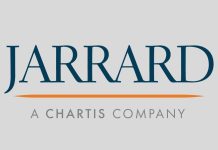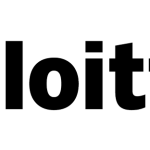In 2025, the Health Research Institute (HRI) at PwC anticipates that medical costs will increase by 8% year over year in the Group market and 7.5% in the Individual market, the most significant growth in more than a decade. This surge is attributed to inflationary pressures, increased spending on prescription drugs, particularly GLP-1 medications, and a rise in behavioral As healthcare organizations grapple with these cost trends, the focus is on managing total healthcare expenses amid rising operational costs and regulatory challenges. Health plans surveyed by HRI are prioritizing strategies to enhance affordability, including the establishment of affordability command centers that monitor interconnected components of premium costs. Innovations in prescription drugs and behavioral health services, while improving patient outcomes, may further exacerbate medical cost inflation in the coming years. Organizations must rethink their financial and operational strategies to navigate this challenging landscape effectively.
Surge in Healthcare Spending Projected as Inflationary Pressures Persist
health service utilization. HRI has also revised its estimates for 2023 and 2024, indicating higher-than-anticipated medical cost trends due to increased utilization of GLP-1 drugs and higher acuity inpatient and outpatient services. Demand for healthcare services, deferred during the pandemic, has driven this increased utilization as care settings shift towards outpatient and ambulatory care.
























